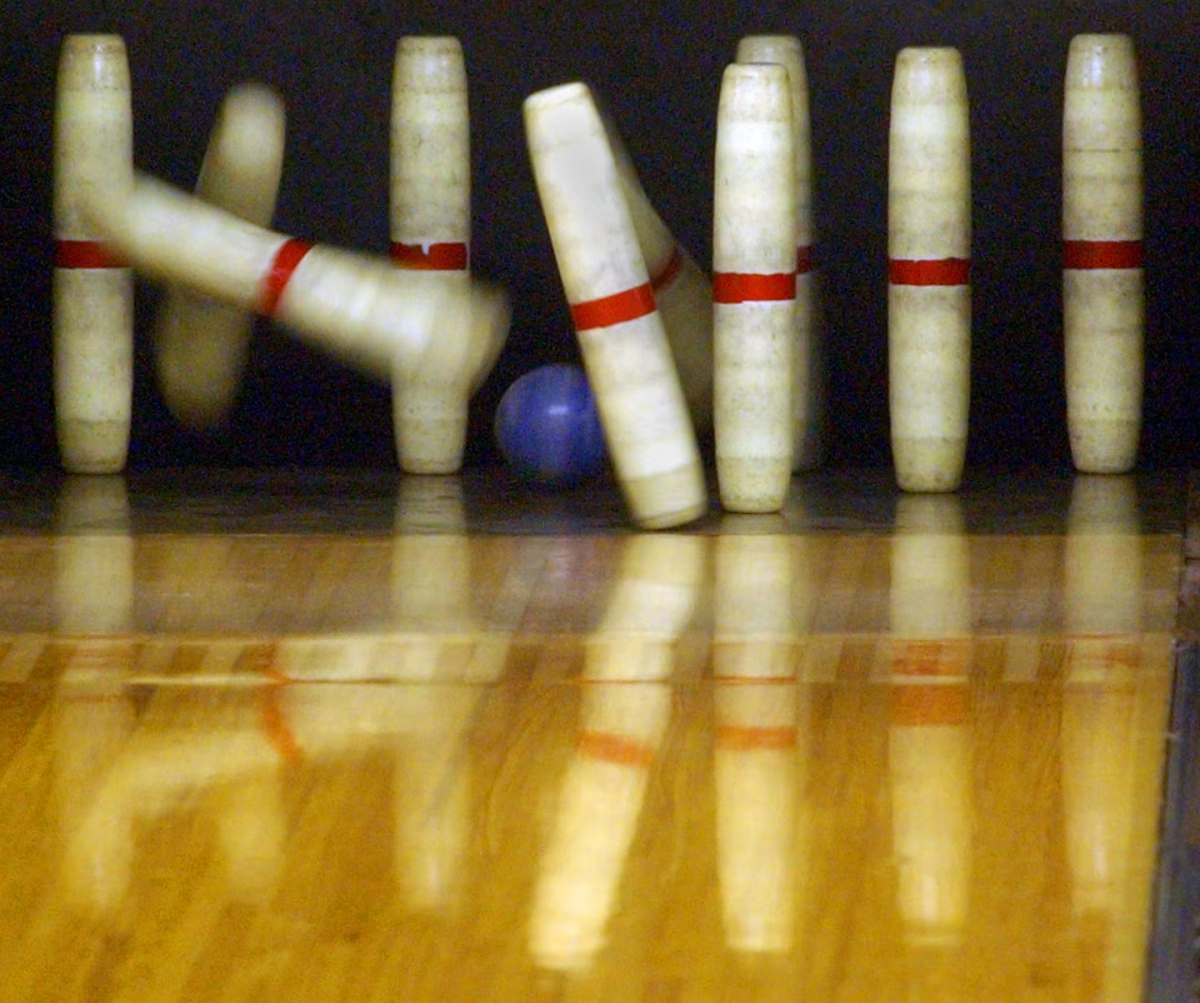Earth Day is this week and finals are approaching, so it’s a great time to start taking up some useful habits. But habits can be difficult to stick to with; only eight percent of people report that they actually stick to their New Year’s resolutions. Additionally, the time it takes to form a habit varies greatly between people. An article published by the European Journal of Social Psychology found that it can take anywhere from 18 to over 250 days before people were complete their habits consistently, i.e. at least 95 percent of the time. Still, there are methods which have been shown to make your habits easier to stick with.
Link your new habit with an old one.
One easy way to form a habit is develop it in conjunction with an old one. A study by the British Journal of Health Psychology tried to find if there was a difference in habit retention between two groups of non-flossers. One group was told to floss before brushing, the other after. The group that flossed after brushing had significantly greater retention rates than the other group.
One explanation given for this result is that completing an action after a habit links it to the current habit, possibly making it easier to form a circuit. It may have to do with integration into a daily routine. Once you are in the situation where you brush your teeth, it may be hard to delay that habit with another action and easier to complete the habit as normal, then add the new action.
Start slow, but often.
A PubMed article suggests this line of advice: the, “small-change approach.” The article cites a couple studies in support of this method. One weight loss study with over a hundred participants found that a guided, small habit-formation method of weight loss was five times more effective after eight weeks. A theory behind the effectiveness of this method is its simplicity. The underlying notion is that It’s not that difficult to do a small action every day, especially when it’s done in the same context every time.
Self-efficacy.
The Office of Disease Prevention and Health Promotion named self-efficacy, the confidence a person has in their ability to follow through with a goal, as an important factor in habit development. This claim is backed up by a study that found self-efficacy as a predictor of habit retention. Ways to increase self-efficacy include building up knowledge in a given area, demonstrating this knowledge, and increasing self confidence.
Make it social
Another way to help you stick to your habits is by adding a positive social element. For example, when a new habit is related to exercise, people generally get more benefits out of working out in a group than they do working alone. So, if you can make your habit a fun group activity, that will help extract more benefits from the action.
There is also an aspect of social accountability. Involving friends, a coach, or posting on social media will provide you with a network of people who can support you. A qualitative study suggests accountability increases the likelihood of following through with a habit. This hypothesis definitely needs to be researched more before it can be definitively proven, but the current evidence is leaning in support of the accountability theory.
Have fun!
Unsurprisingly, you are significantly more likely to stick with habits that you enjoy than those you don’t. This is backed up by a study published in PubMed. The study showed that enjoyment positively correlated with exercise retention and habit formation. Finding activities that are productive and you enjoy may be the key element in personal change. Intrinsic motivation can be powerful.
Good habits are a crucial element to personal development and for environmental preservation. Often, you may know what habit you’d like to do, you just find it challenging to stick with. Following these tips can help promote positive behaviors over negative ones. The process of self-discipline can be strenuous but try not to get discouraged if you slip up. Beating yourself up won’t help.
Ben Connolly can be reached at [email protected].



















